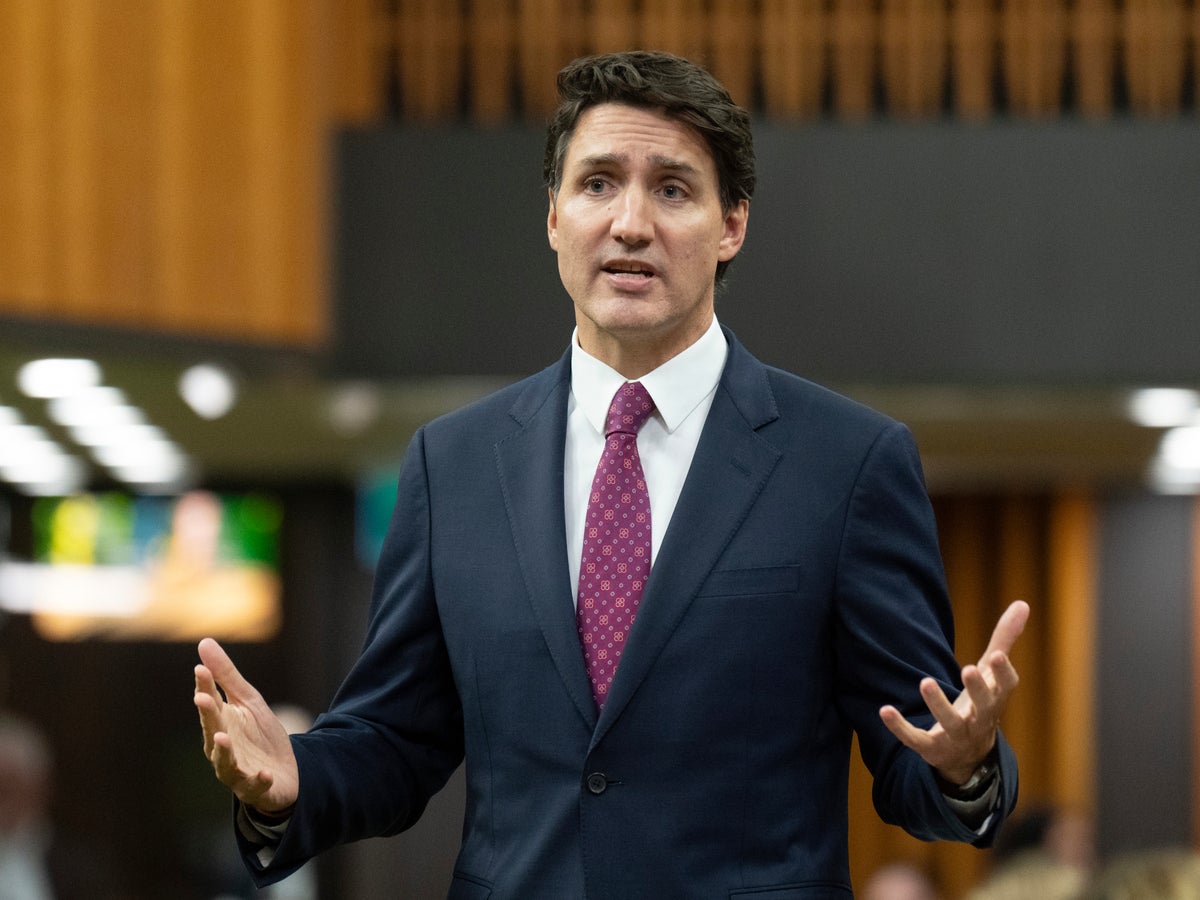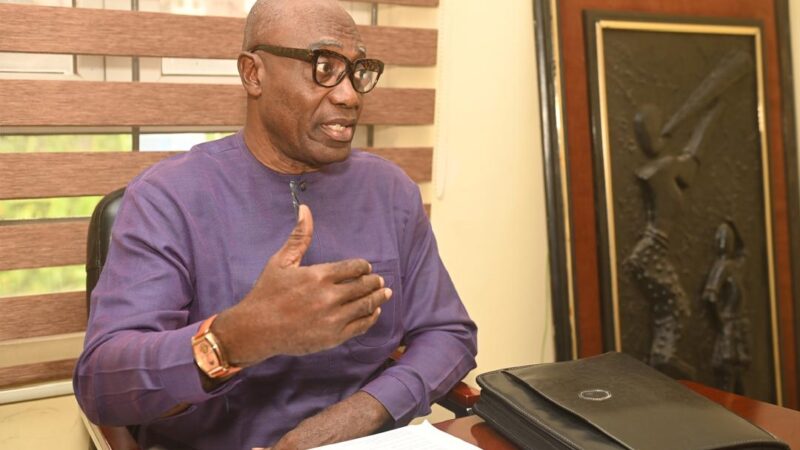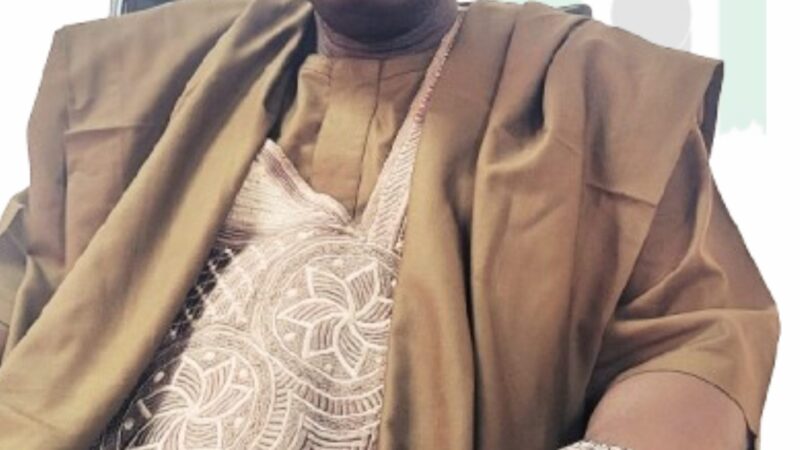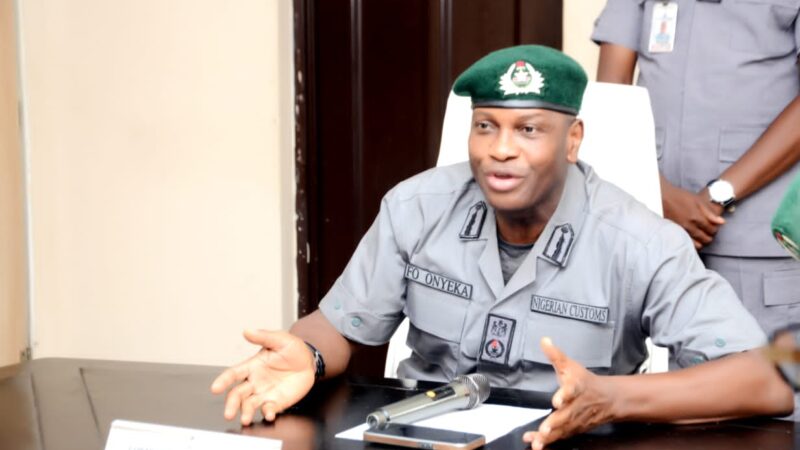Justin Trudeau Faces Mounting Criticism, Expected to Resign After Nine Years in Office

Canadian Prime Minister Justin Trudeau is reportedly preparing to step down after nearly a decade in power, marking a significant shift in the nation’s political landscape.
According to reports corroborated by Reuters, Trudeau is expected to announce his resignation before a critical Liberal Party caucus meeting on Wednesday.
This move is intended to dispel speculation that he was pressured into leaving by his own MPs, amid growing discontent within his party.
Sources close to the prime minister revealed that Trudeau is still deliberating whether to step down immediately or remain in office until the party selects a new leader.
The decision comes at a precarious time for the Liberal Party, which faces dismal polling numbers and an emboldened Conservative opposition ahead of a general election that must be held no later than October 20.
However, the election date could be advanced, adding to the urgency of Trudeau’s impending decision.
Trudeau, who first swept to power in 2015 on a wave of optimism and promises of “sunny ways,” has faced mounting criticism in recent years.
While his administration made strides in combating climate change and addressing historical injustices faced by Indigenous communities, these achievements have been overshadowed by economic challenges and growing public dissatisfaction.
An increasing number of Liberal MPs have voiced their concerns publicly, with some urging Trudeau to step aside in the face of persistent polling woes.
Recent national surveys show the Conservative Party maintaining a commanding lead of over 20 percentage points ahead of the Liberals.
The prime minister’s political fortunes have waned significantly since his triumphant entry into office.
Though he successfully secured three election victories, the most recent in 2021 left him leading a minority government, unable to regain the majority mandate he held during his earlier tenure.
Trudeau’s resignation, if confirmed, would leave the Liberal Party scrambling to reorganise and re-energise itself ahead of the next election.
Analysts suggest that his departure could offer an opportunity for fresh leadership to reinvigorate the party’s base and craft a more competitive platform.
However, Trudeau’s potential exit also reflects broader concerns about his leadership and legacy.
While many praise his ambitious policies and progressive agenda, others argue that his inability to effectively address economic discontent has alienated key segments of the electorate.
At 53, Trudeau remains a significant figure in Canadian politics, remembered for his early efforts to unite the country and project a progressive vision on the global stage.
Yet his tenure has also been marked by controversies, including accusations of ethical misconduct and challenges in navigating a polarised political climate.
If Trudeau steps down, his legacy will be scrutinised in the context of both his accomplishments and the challenges that have defined his leadership.
His resignation would mark the end of an era in Canadian politics, raising questions about the future direction of the Liberal Party and the nation as a whole.
As the political spotlight intensifies, all eyes will be on Trudeau’s anticipated announcement in the coming days, a moment that could reshape Canada’s political trajectory for years to come.







